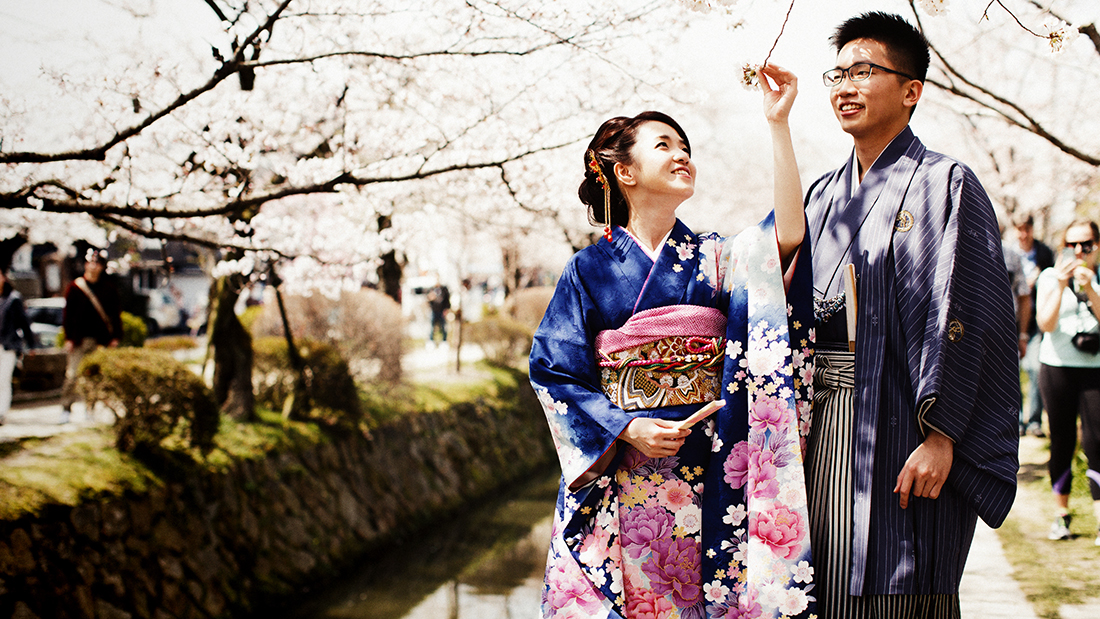
If you want to confess or express your love in Japanese it is better to use 好き (suki) 大好き (daisuki). However, this is such an exceptionally romantic way to express your feelings and the phrase has such a profound meaning that you will frequently come across it in movies, anime, and song lyrics, but you will rarely or probably never ever hear it in a real-life situation.

So if you translate the phrase 愛してる (aishiteru) to English in its most literal way it actually means “ loving” or “ am loving“. してる (shiteru) or している (shiteiru) is the present continuous form of する (suru) and translates as “ doing” or “ is doing“. If we break it down even further we actually have the word for love 愛 (ai) and the verb する (suru) which means “ to do“. 愛 (ai) is the Japanese word for “ love” and 愛する (aisuru) means “ to love“.
#S s s senpai watashi wa wasuki dayo how to
So let’s take a look at how the Japanese really convey their love and how to say “I love you, too”. If you want to confess your feelings or express your love to someone, there are better ways and phrases to do so. This might be surprising but most couples – even married ones – will never use this phrase to say “I love you” in Japanese. But it expresses such a sincere and deep love that Japanese only use it in long-term relationships with their spouse and very emotional situations such as getting married or when someone is on their death bed. The literal translation of “Aishiteru” (愛してる) is “I love you” or “I’m in love with you”. After living in Japan for several years I finally understood what “Aishiteru” really means in Japanese and why it is hardly ever used in real life. But while it is fairly easy to translate the phrase into English words, its true meaning is so much deeper. It is a habitational name, taken from a village in the ancient region of Asuka (now part of Nara Prefecture).One of the most used Japanese phrases in romantic anime, manga, movies, and Japanese dramas is “ Aishiteru“. The surname is written variously, with characters used phonetically. Japanese: meaning 'sedge', the word for which is nowadays pronounced suge or suga. For formal conversation “ Ah, so desu ka” is more appropriate. “ Ah, so” is an informal way to say “Is that right?” or (“Hai” is “Yes”, and “Naruhodo” “I see”). It generally means something like “oh, is that so?” but in certain contexts can be kind of like “Oh I see.” or “Oh I get it!”, or, “That's how it is, huh?”Īlso Know, what does da yo mean in Japanese? Dayo/ yo you add it in the end of the sentence to make it friendly/casual it doesn't really meaning anything example : ?(daisuki dayo) it means I love you ? (watashi dayo ) it means it's me those two are casual ones. “Soka” or “Sokka” are generally colloquial pronunciations of “ Sou ka”, or more politely “Sou desu ka”.

It means "that is right," or "that is so," and is used as an affirmative answer to a question. As a question, ? sou can be used by itself with a rising tone, or followed by ? ka or ? desu ka.


 0 kommentar(er)
0 kommentar(er)
